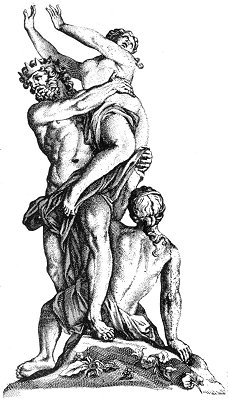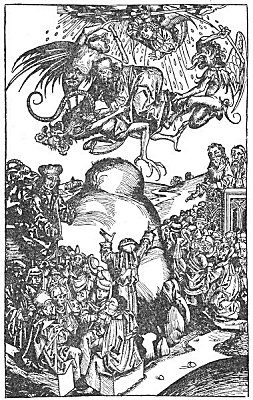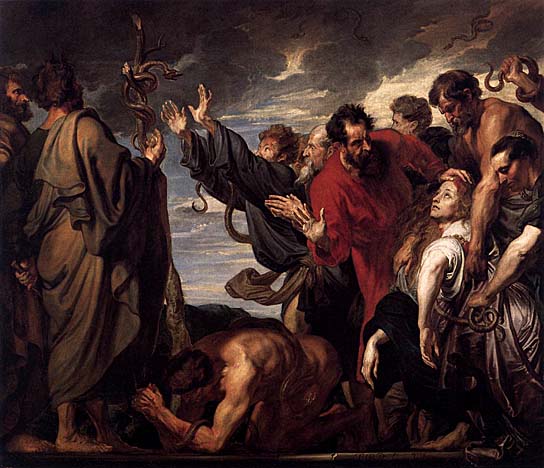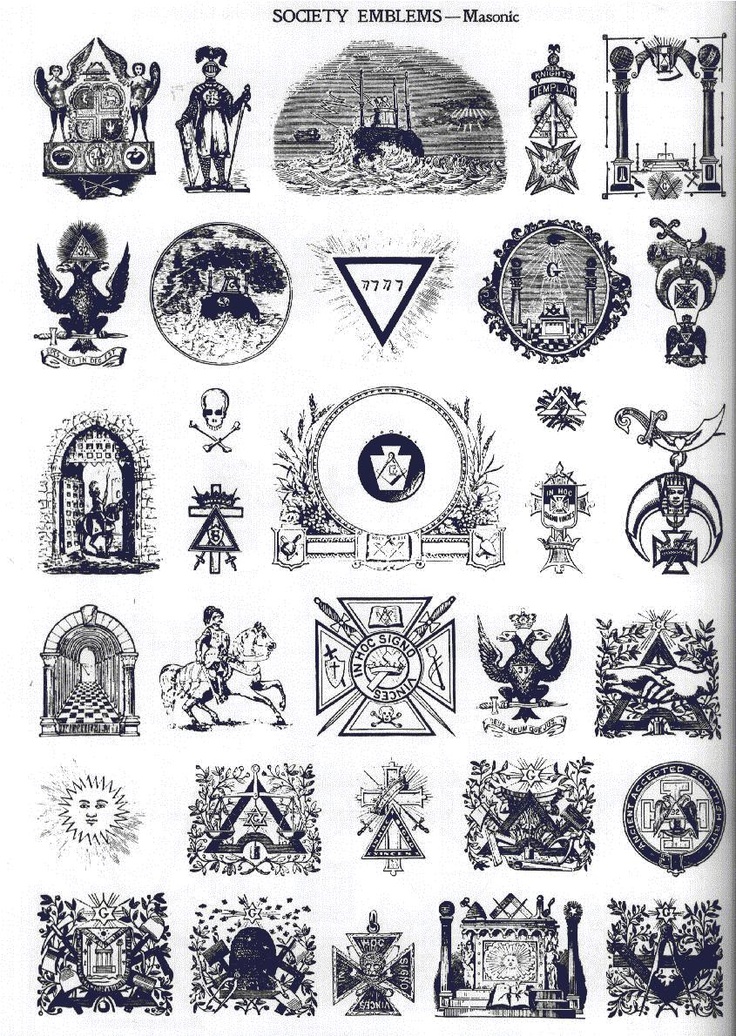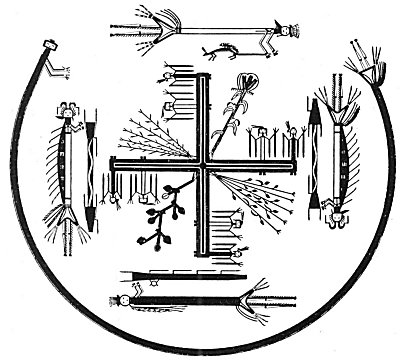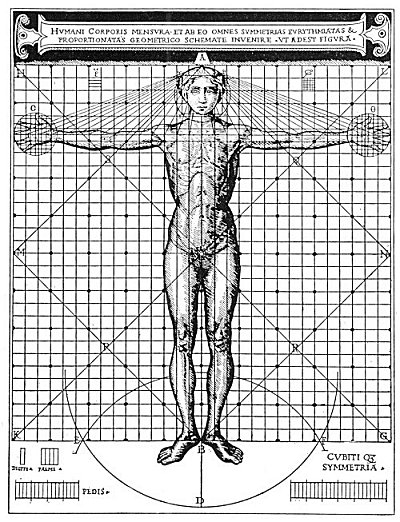p. 22
ring of lust and degeneracy, lay asleep within his soul. In other words, man was offered a way by which he could regain his lost estate. (See Wagner’s Siegfried.)
In the ancient world, nearly all the secret societies were philosophic and religious. During the mediæval centuries, they were chiefly religious and political, although a few philosophic schools remained. In modern times, secret societies, in the Occidental countries, are largely political or fraternal, although in a few of them, as in Masonry, the ancient religious and philosophic principles still survive.
Space prohibits a detailed discussion of the secret schools. There were literally scores of these ancient cults, with branches in all parts of the Eastern and Western worlds. Some, such as those of Pythagoras and the Hermetists, show a decided Oriental influence, while the Rosicrucians, according to their own proclamations, gained much of their wisdom from Arabian mystics. Although the Mystery schools are usually associated with civilization, there is evidence that the most uncivilized peoples of prehistoric times had a knowledge of them. Natives of distant islands, many in the lowest forms of savagery, have mystic rituals and secret practices which, although primitive, are of a decided Masonic tinge.
THE DRUIDIC MYSTERIES OF BRITAIN AND GAUL
“The original and primitive inhabitants of Britain, at some remote period, revived and reformed their national institutes. Their priest, or instructor, had hitherto been simply named Gwydd, but it was considered to have become necessary to divide this office between the national, or superior, priest and another whose influence [would] be more limited. From henceforth the former became Der-Wydd (Druid), or superior instructor, and [the latter] Go-Wydd, or O-Vydd (Ovate), subordinate instructor; and both went by the general name of Beirdd (Bards), or teachers of wisdom. As the system matured and augmented, the Bardic Order consisted of three classes, the Druids, Beirdd Braint, or privileged Bards, and Ovates.” (See Samuel Meyrick and Charles Smith, The Costume of The Original Inhabitants of The British Islands.)
The origin of the word Druid is under dispute. Max Müller believes that, like the Irish word Drui, it means “the men of the oak trees.” He further draws attention to the fact that the forest gods and tree deities of the Greeks were called dryades. Some believe the word to be of Teutonic origin; others ascribe it to the Welsh. A few trace it to the Gaelic druidh, which means “a wise man” or “a sorcerer.” In Sanskrit the word dru means “timber.”
At the time of the Roman conquest, the Druids were thoroughly ensconced in Britain and Gaul. Their power over the people was unquestioned, and there were instances in which armies, about to attack each other, sheathed their swords when ordered to do so by the white-robed Druids. No undertaking of great importance was scatted without the assistance of these patriarchs, who stood as mediators between the gods and men. The Druidic Order is deservedly credited with having had a deep understanding of Nature and her laws. The Encyclopædia Britannica states that geography, physical science, natural theology, and astrology were their favorite studies. The Druids had a fundamental knowledge of medicine, especially the use of herbs and simples. Crude surgical instruments also have been found in England and Ireland. An odd treatise on early British medicine states that every practitioner was expected to have a garden or back yard for the growing of certain herbs necessary to his profession. Eliphas Levi, the celebrated transcendentalist, makes the following significant statement:
“The Druids were priests and physicians, curing by magnetism and charging amylets with their fluidic influence. Their universal remedies were mistletoe and serpents’ eggs, because these substances attract the astral light in a special manner. The solemnity with which mistletoe was cut down drew upon this plant the popular confidence and rendered it powerfully magnetic. * * * The progress of magnetism will some day reveal to us the absorbing properties of mistletoe. We shall then understand the secret of those spongy growths which drew the unused virtues of plants and become surcharged with tinctures and savors. Mushrooms, truffles, gall on trees, and the different kinds of mistletoe will be employed with understanding by a medical science, which will be new because it is old * * * but one must not move quicker than science, which recedes that it may advance the further. ” (See The History of Magic.)

Moe is the founder of GnosticWarrior.com. He is a father, husband, author, martial arts black belt, and an expert in Gnosticism, the occult, and esotericism.

